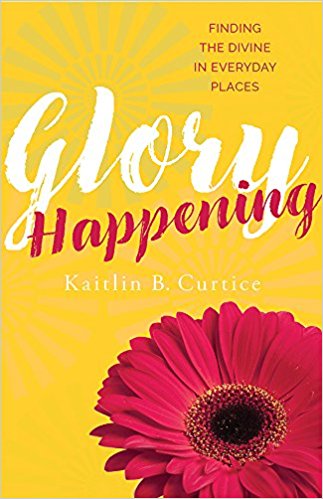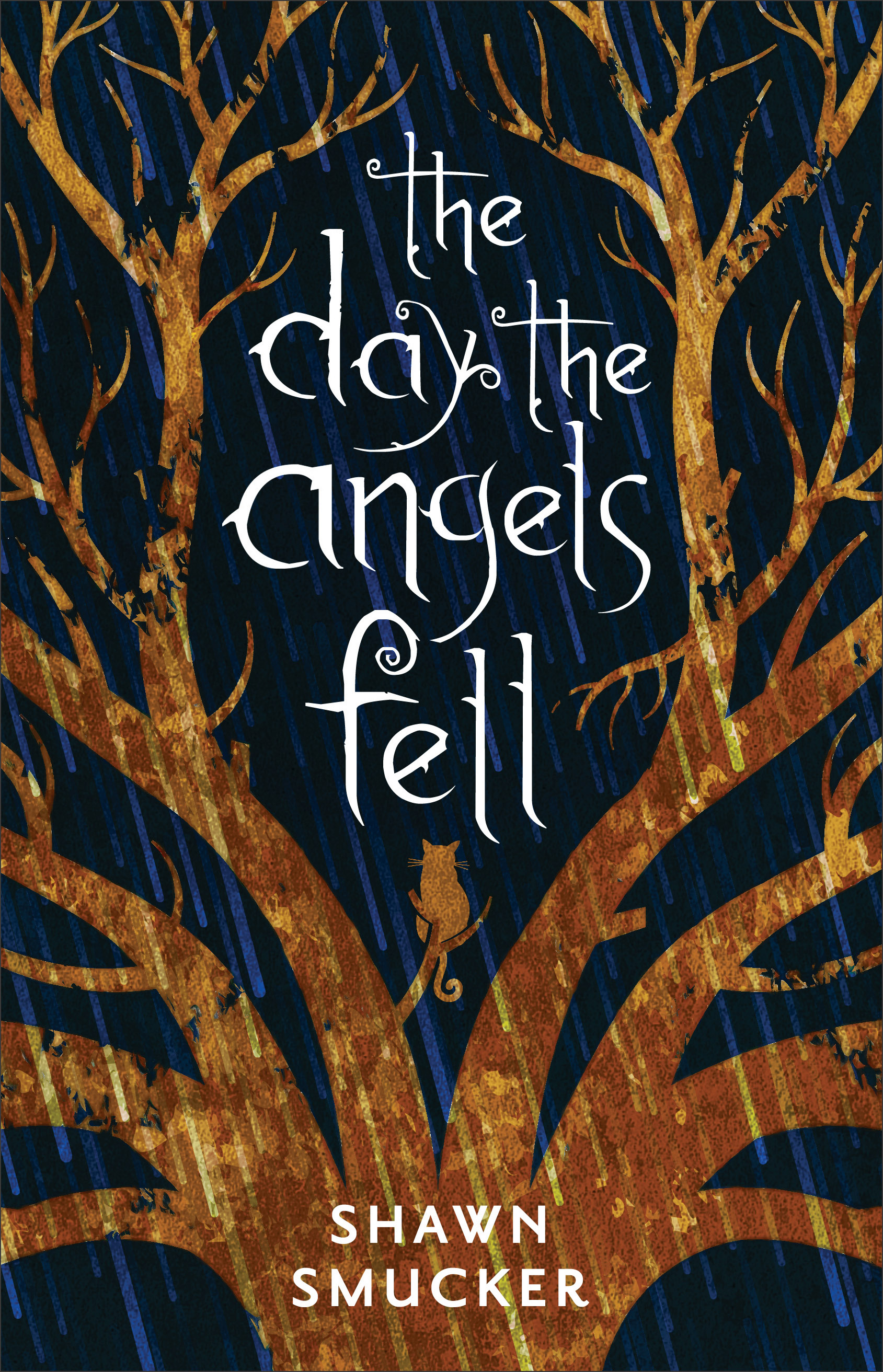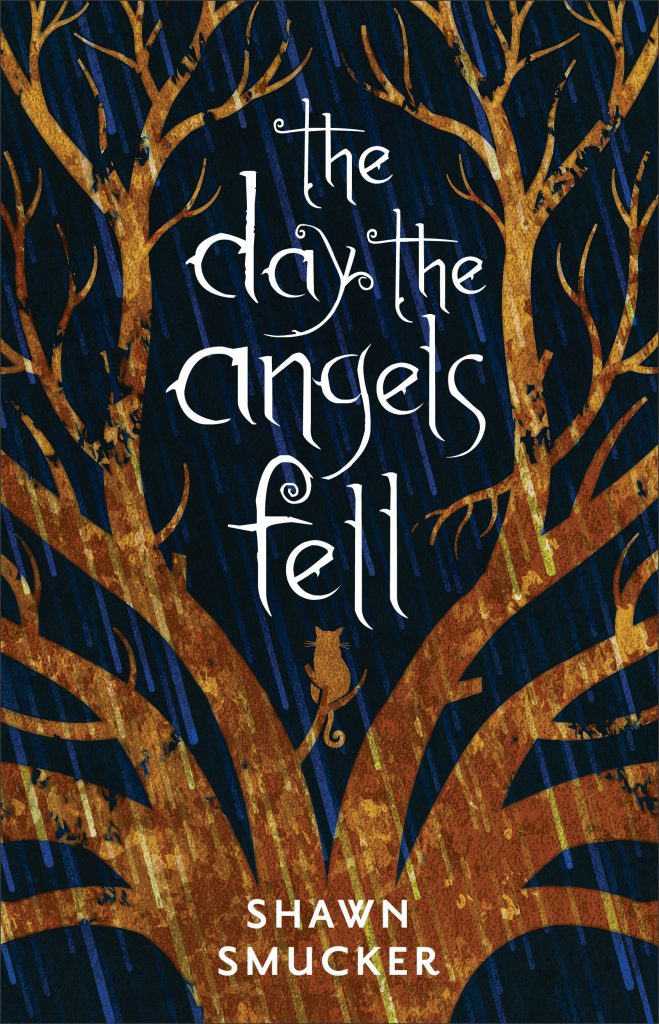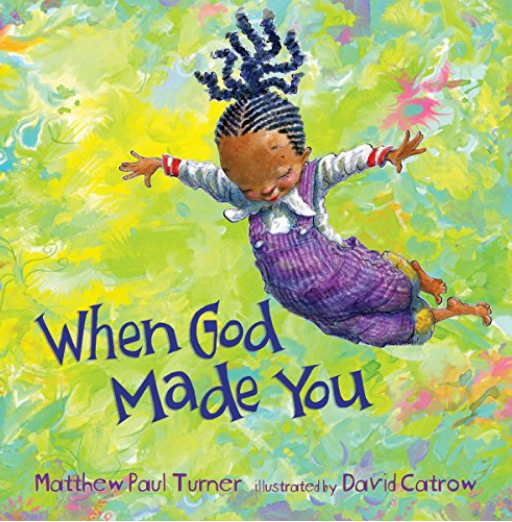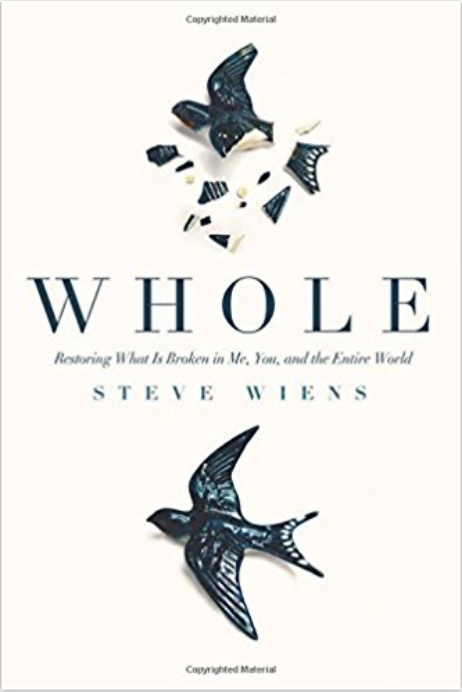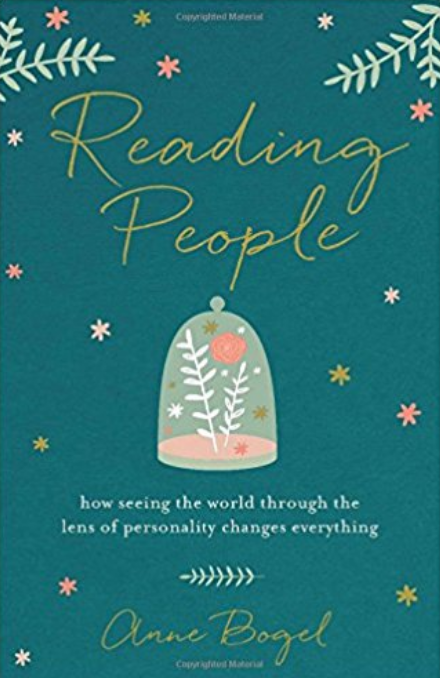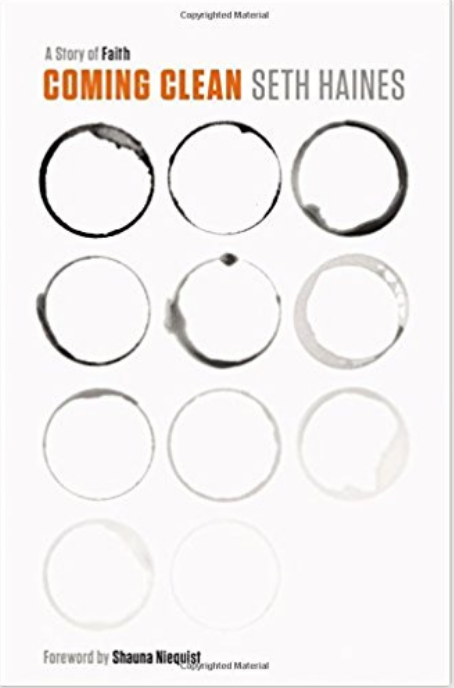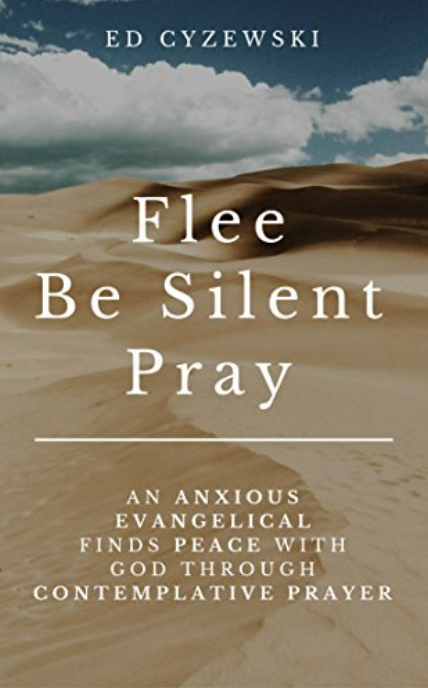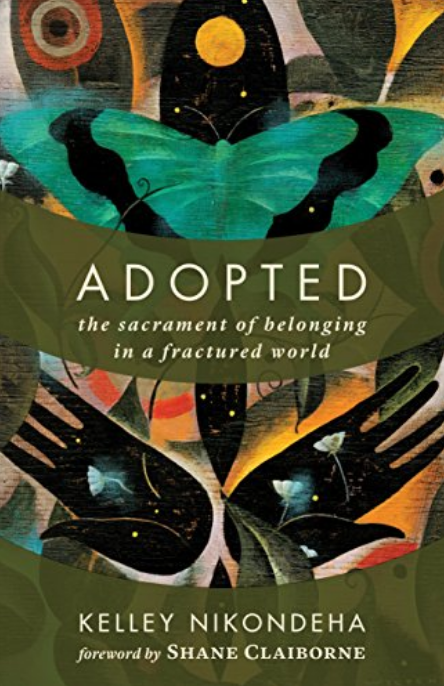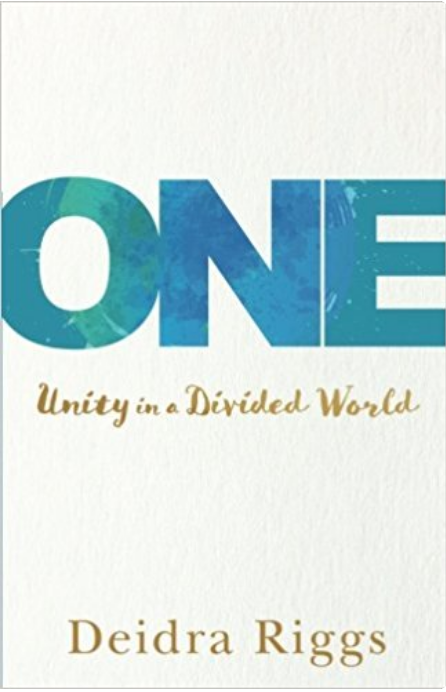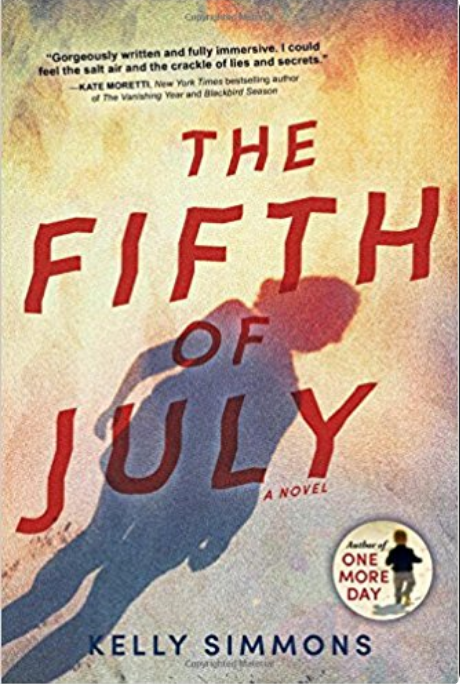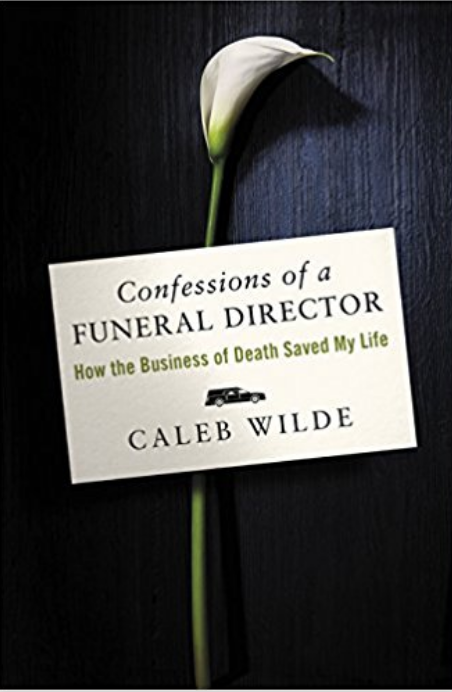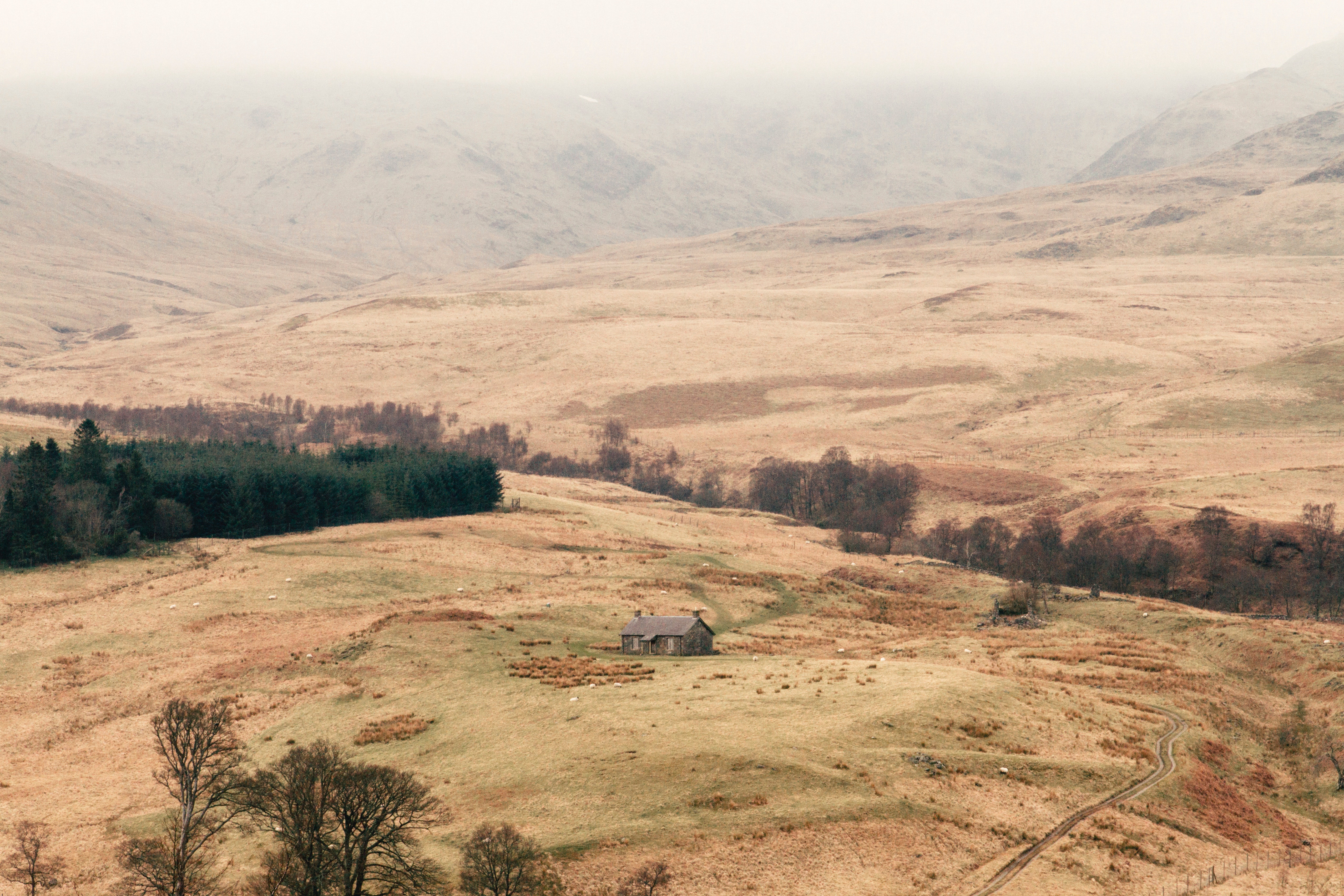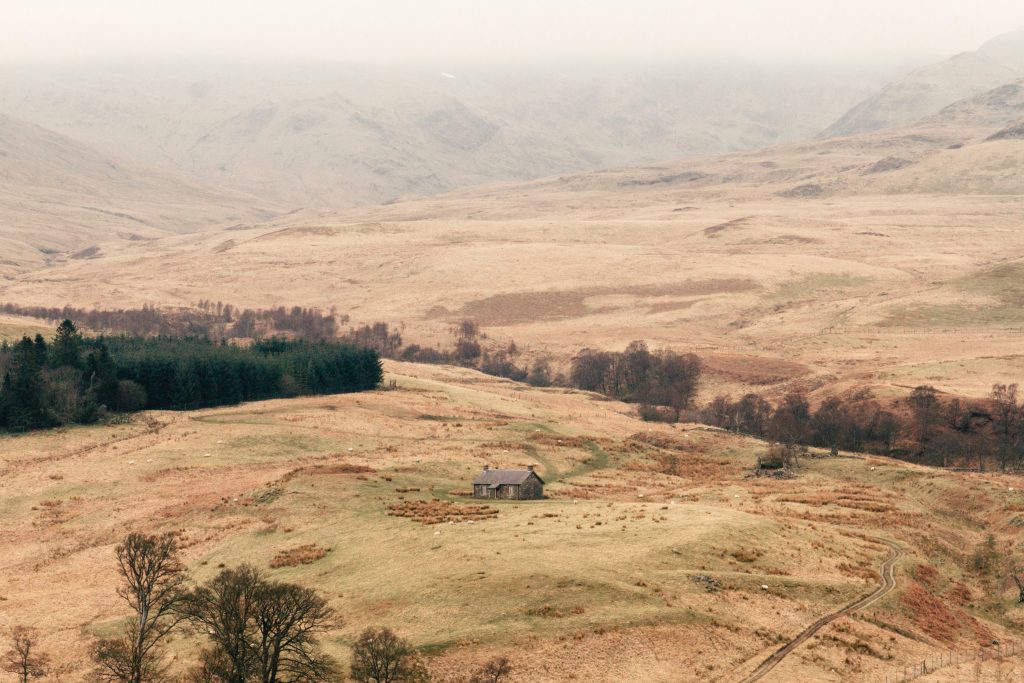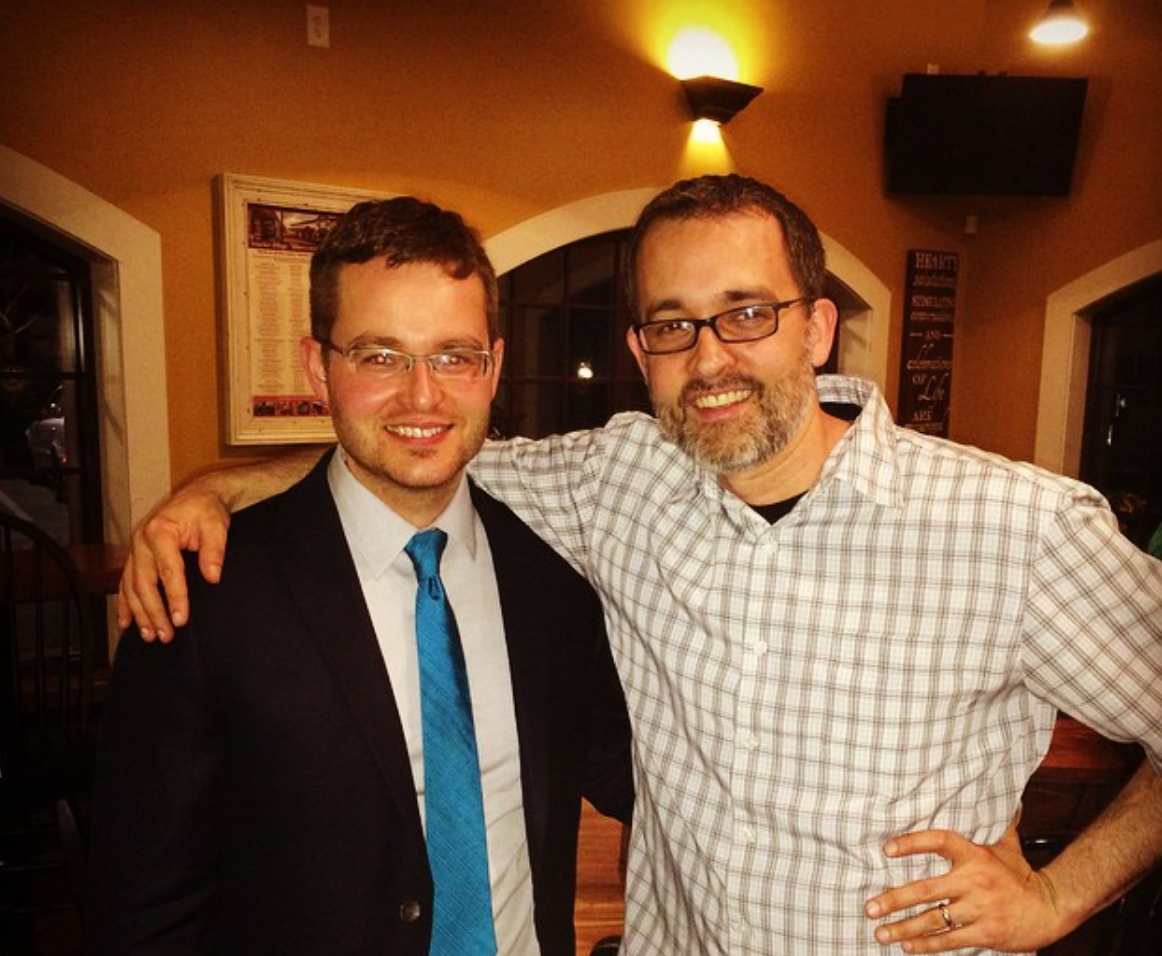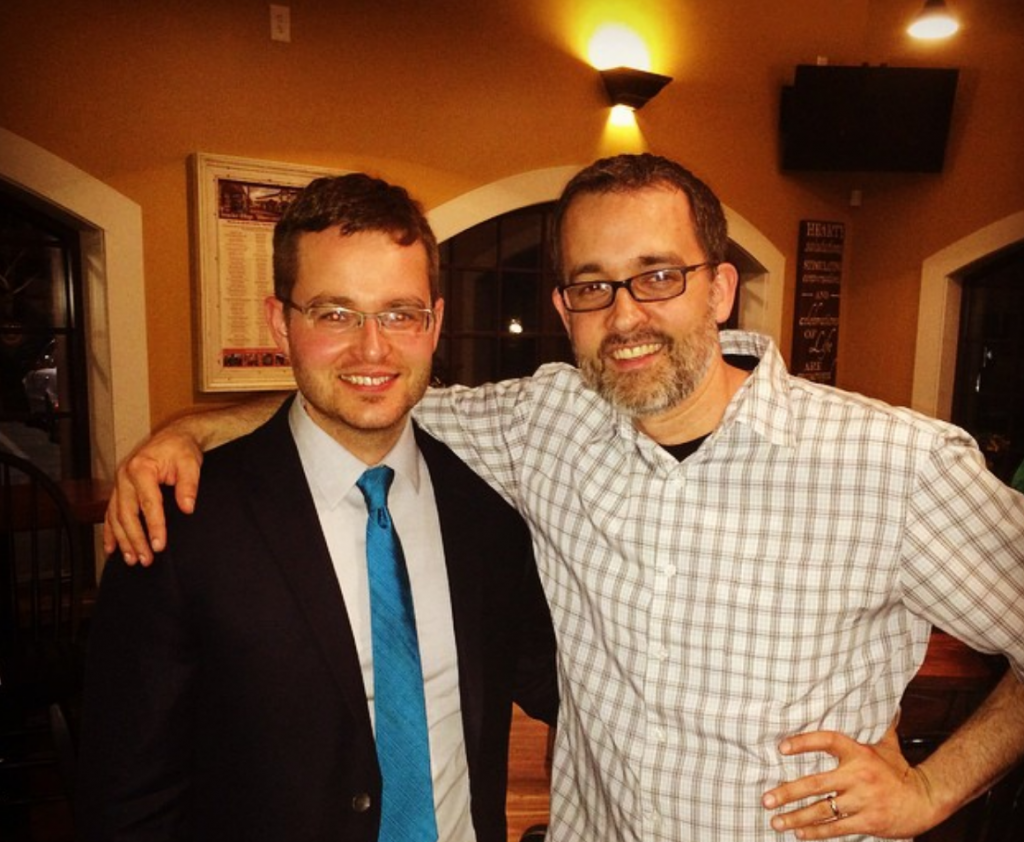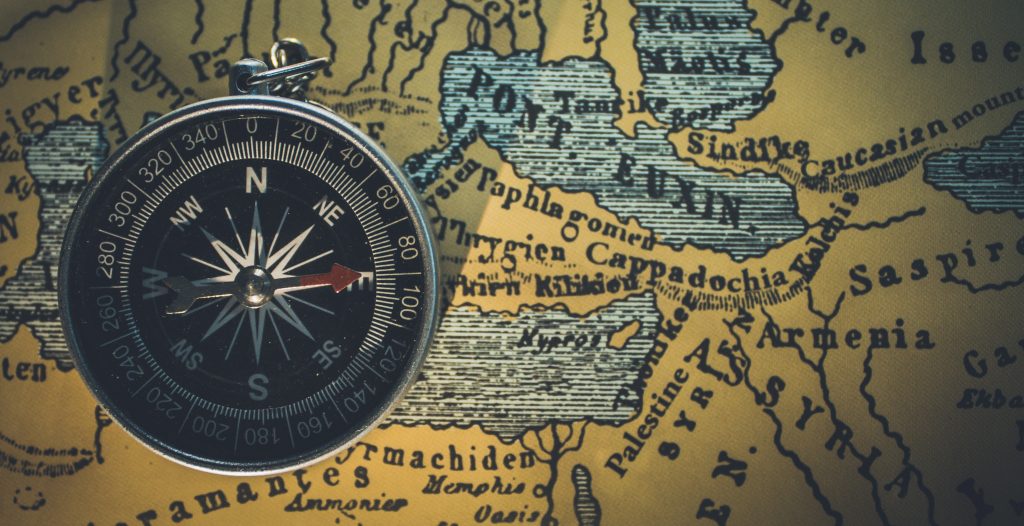
There’s a book I’m writing that I haven’t told you much about. I don’t know if I’m allowed to tell you the title yet, so I’ll keep quiet on that for now (although I love the title Revell came up with). This book comes out next fall (about four months after the release of The Edge of Over There). It’s a book I wrestled with writing – whether or not I should do it, and, once I decided to do it, how exactly to go about it. It’s a book about the friendship that’s formed between me and a man named Mohammad.
Here’s a quick peek at a very rough draft of a section I’ve been working on, a simple retelling of a conversation the two of us had not too long ago. Shhh. This is top secret.
* * * * *
When I first met Mohammad, there were things I never could have guessed about him, things I never could have imagined. The stories of other people are always hidden from us at first, waiting in the shadows. They are tentative, skittish things, these hidden stories. They are frightened of what might become of them if they step out into the light.
A man rides his motorcycle through the Syrian countryside, his wife and four sons somehow balanced on the bike with him. He has received a tip that his village will soon be bombed. Their combined weight wobbles the motorcycle from side to side, and he shouts at them to hold still, hold still.
A man sits quietly on a friend’s porch, drinking very dark coffee, watching bombs rain down on his village miles away. ‘That was your house,” he says, then, ten minutes later, “I think that one hit my house.” He takes another sip of coffee. His children play in the yard.
A man walks through the pitch black Syrian wilderness, his family in a line behind him. He can feel the tension in his wife, the fear in his older boys. Someone ahead shouts, “Get down!” and they all collapse into the dust, holding their breath, trying to keep the baby quiet. ‘Abba,’ his boys whimper. ‘Abba.’
There are things I never could have imagined about him.
* * * * *
“You know,” he says, “in Syria, we are always having coffee together. Almost every day, I go to a friend’s house and we sit for two hours, for three hours, drinking coffee together, talking about things. Why you not do that here? Everyone stays here, here, here,” he frowns and jabs at the air, pointing at our individuality. “No one knows their neighbors. No one has coffee.”
“You’re right,” I say. “You’re right.”
“I tell this to Muradi,” he says, smiling a reluctant smile. “I tell my wife I will start having coffee with people. Soon, everyone will come to my house and we will all know each other and talk together. She says, ‘Mohammad, Americans do not want this! They do not want!’ But I tell her I will show her. I will start. We will meet here, there. Maybe at a coffee house. It is good this way, for us to drink coffee together.”
He laughs. I laugh, too, but the truth of what he says reaches me. We are, as Americans, very good at being independent. I struggle to think of the last time I needed someone, truly needed someone. We are so busy. Too busy. There is very little time for that kind of community, where we meet together regularly, not rushed, to simply drink coffee.
“When you find a house out here in the country,” Mohammad says again. “Find me a house, too. We will live beside each other, and we will drink coffee together. We can invite all the neighbors!” He laughs again, grinning that boyish grin of his, and I can’t help but be amazed at what these refugees have to offer us, if we will only reach out our hands and accept it.
* * * * *
Mohammad is a Syrian refugee, and together we are telling the story of his journey here, the story of my journey in meeting him, and the story of our friendship. This is not a story of how I helped him – this is more a story of how a man from halfway around the world taught me more about being a friend than anyone else I know. I can’t wait for you to get to know him. He and his wife and his boys are amazing.
If you’re looking for a gift for a young (or young at heart) reader in your life, consider my book The Day the Angels Fell, described by Anne Bogel at Modern Mrs. Darcy as, “Neil Gaiman meets Madeleine L’Engle.” It’s a book that asks the question “Could it be possible that death is a gift?”





